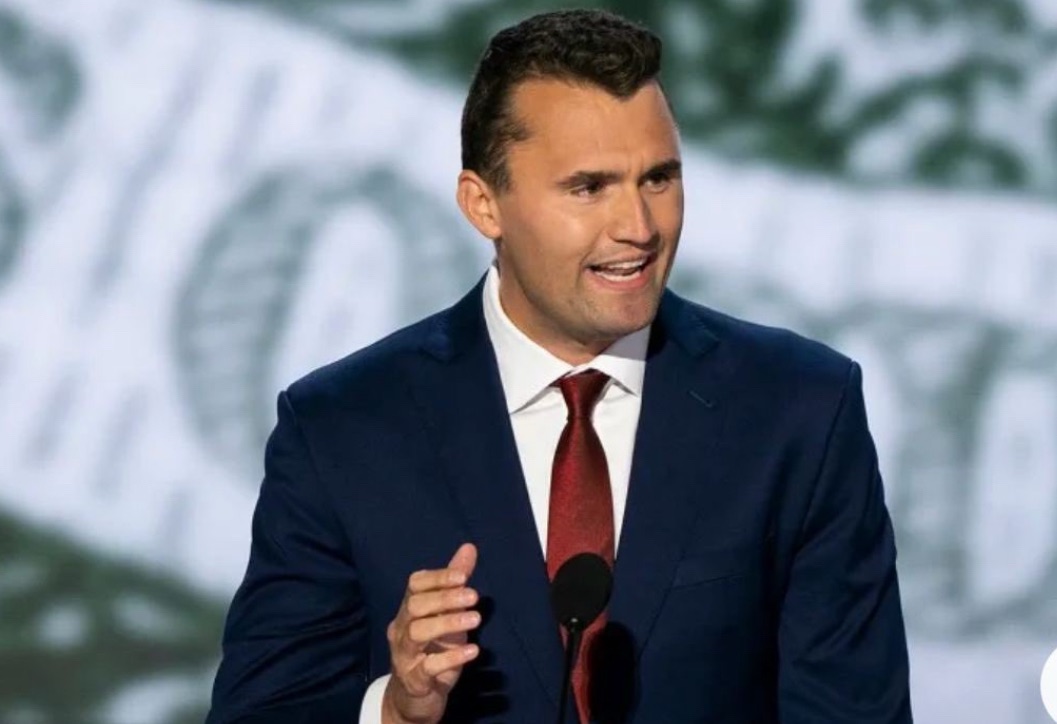
Charlie Kirk was one of the most prominent voices in the American conservative political movement of the 21st century. He was born in 1993 in Illinois, and from a young age he became involved in political activism. He became best known for founding an organization called Turning Point USA, a group committed to inspiring and mobilizing college and high school students to support principles such as limited government, free markets, and respect for the U.S. Constitution.
In many ways, Charlie Kirk became a divisive figure. For many young people who believed in the ideals of the political right, he was a role model, a leader who spoke out against what he saw as liberal excesses in schools and the media. For others, especially his political opponents, he was a controversial figure, often using harsh language, launching sharp attacks on his opponents, and never afraid to get into public controversy.
In addition to his work as an activist, Charlie Kirk was an unparalleled communicator. He hosted radio shows and podcasts, appeared regularly on television, and served as a prominent figure in the movement supporting former President Donald Trump. During the election season, he often traveled to different cities to speak to crowds, encourage youth participation in politics, and advocate for his vision for the future of America.

However, his journey was cut short in September 2025. At a public meeting in Utah, while he was speaking to students and supporters, a gunshot from a distance struck him in the neck. Witnesses say he was on stage, answering a question, and seconds later, a gunshot rang out. In the chaos that followed, people ran, security tried to protect the attendees, and he was rushed to the hospital. Unfortunately, his injuries were serious, and doctors were unable to save him.
Charlie Kirk’s death is a great shock to many. For his family, friends, and supporters, it is a loss that is difficult to accept. For the conservative political movement, they have lost a young leader who had the ability to rally thousands of people behind his cause. Even for his opponents, the act represents a turning point, because any violent attack on a public figure is a threat to democracy in general.
In the analysis of society, his death raises many questions. First, it raises the alarm about the level of political violence in the United States. For several years, political tensions have increased, arguments have become more heated, and opponents often see each other not as citizens with different ideas, but as enemies who must be eliminated. The act stands as a striking example of how heated rhetoric can end in blood.
Second, it highlights the need for greater security at public events where political figures are present. Despite great efforts to protect political figures, the reality is that not all places can fully guarantee safety from a planned attacker. This raises serious questions about how democracy can continue to function when even public gatherings have become dangerous spaces.
Third, the death of Charlie Kirk raises a serious question about the role of social media in the modern era. He was a figure who used social media as a primary tool to influence the minds of young people. After his death, discussions are already boiling online, with some celebrating, some crying, and others using the occasion to spread propaganda. This shows how words, whether in books, on the radio, or online, can become a catalyst for extreme emotions.
Historically, Charlie Kirk will be remembered as one of the young figures who brought energy to the political right movement, even if his ideas were always controversial. He did not live long, but his impact on the rising generation has already marked American politics. His death adds his name to the list of public figures who lost their lives in political violence, a list that already includes leaders such as John F. Kennedy, Robert Kennedy, and Martin Luther King Jr. Although his role in history does not have the same magnitude as those names, his death continues to serve as a symbol of the dangers of different opinions becoming personal enemies.
In the days to come, many will continue to debate his legacy, his methods, and his often controversial words. But one thing is clear: his death in such circumstances is a clear sign that the United States is going through a time when democracy needs more protection, more dialogue, and more respect for each other.
Charlie Kirk left behind a mixed legacy: a strong voice that defended his ideals with passion, an organization with thousands of members, an influence that reached thousands of students across the country, but also a burden of controversy that followed him until his last days. His death, which came in a brutal and unjust manner, will mark the political memory of the United States for a long time.
By -Wilgens Sirise






